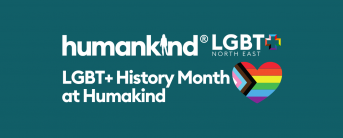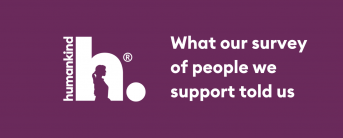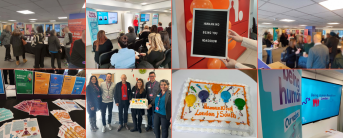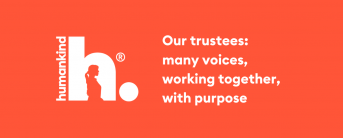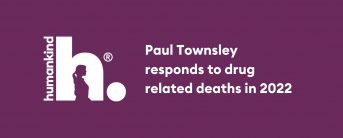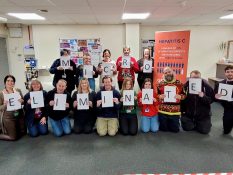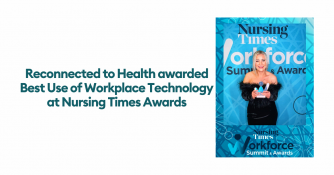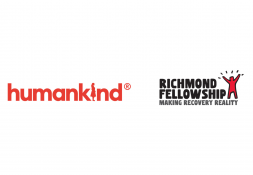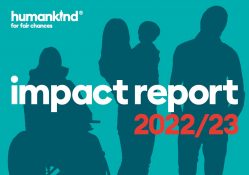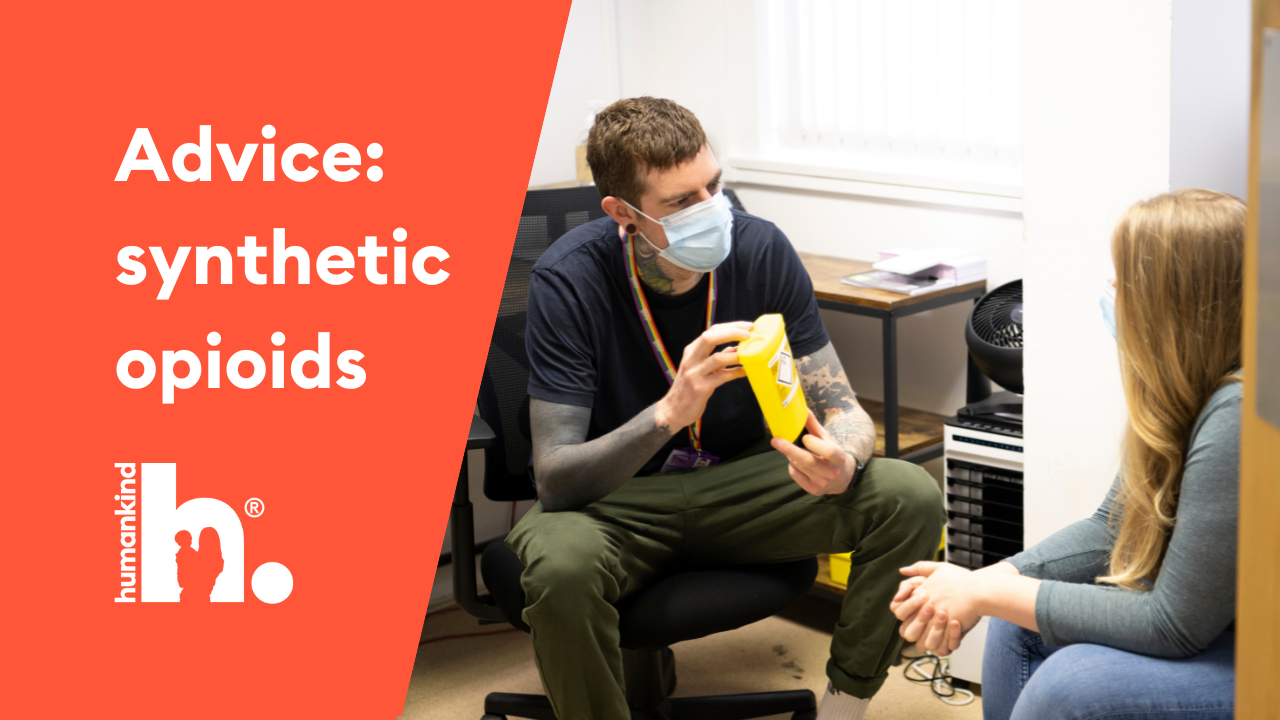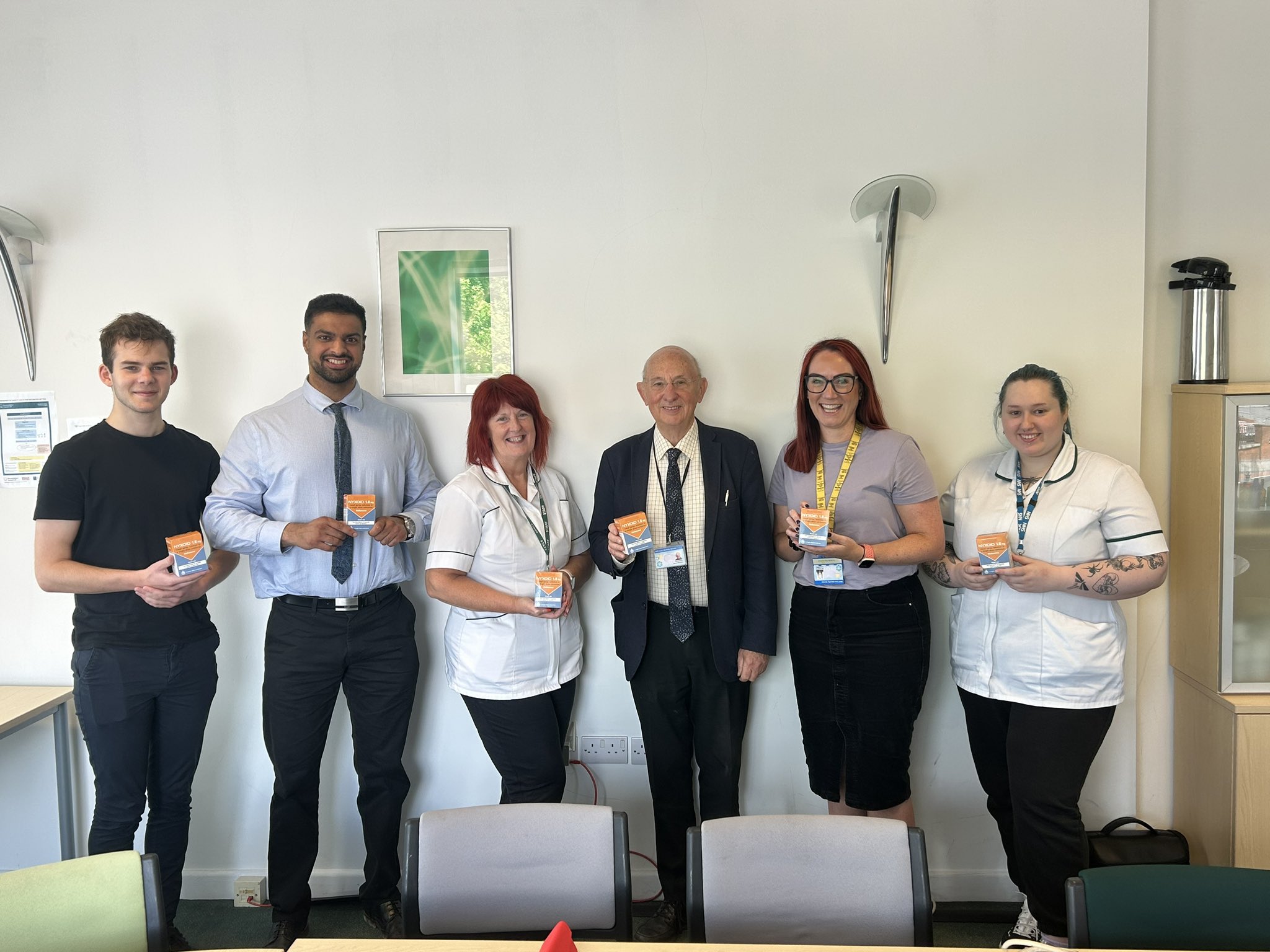
Medication that can save the lives of people who are overdosing on opioids has recently been used by staff at Wicker Pharmacy.
Following timely training by our new local drug and alcohol service, Likewise, pharmacy staff used naloxone to revive two people. Naloxone is a medication that temporarily reverses the effects of an overdose from opioids like heroin. When administered, it buys crucial time while waiting for the emergency services to arrive.
Our new community service recently launched in Sheffield on 1 August offering support to people experiencing issues around drug and alcohol use. Likewise is a partnership between national charity Humankind and Project 6.
One aspect of this support is harm reduction, which includes equipping people who use drugs, their friends, loved ones and professionals with naloxone kits and training them to use the medication effectively in an emergency.
Staff at Wicker Pharmacy undertook training sessions with Likewise during August to ensure they were able to respond should someone near their premises accidentally overdose.
Within one week of completing this training, staff members were called upon to apply their learning in real-life situations where people had overdosed. Without hesitation, they stepped up to save their lives.
One of these staff members was Joseph Ridge, a trainee pharmacy technician at Wicker.
“A member of the public came into the pharmacy reception and said that someone had collapsed nearby,” Joseph said. “As soon as I could, I went down the street and saw three other members of the public stood around the person collapsed on the floor. The members of the public were already on the phone to the ambulance service.”
Joseph realised the person’s condition was extremely serious, so he called his colleague and asked them to bring the pharmacy’s defibrillator and their naloxone kits.
As soon as his colleague arrived, he administered the naloxone to the person in need. There was unfortunately no response at this point.
Joseph remembered from his training that further doses of naloxone can be administered if someone experiencing an overdose remains unresponsive after a short amount of time has passed. After a couple of minutes, he decided to try again and administered a second dose of naloxone.
“Thankfully, the person did then come around,” Joseph said. “They still weren’t fully with us, but they were now moving on the floor. Quite quickly after that, the emergency services arrived and continued to tend to them.”
In no uncertain terms, Joseph’s ability to effectively apply the learning from his naloxone training saved the person’s life.
A similar situation occurred the same week as this incident on Wicker Pharmacy’s premises, which also led to another member of their team administering naloxone to someone they suspected was experiencing an opioid overdose. Their life was also saved by this team member’s action.
“The naloxone training was really useful,” Joseph continued. “There wasn’t anything I felt unsure about. It was obvious the person was unconscious and the ambulance service on the phone was also very supportive. They said if there was naloxone available, I should definitely use it. There was no hesitation from anyone involved.”
All staff at Wicker Pharmacy who may find themselves in a similar situation have now been fully trained by Likewise and equipped to use it in an emergency, like Joseph and his colleague.
Jon Findlay, National Harm Reduction Lead at Humankind who led the naloxone training with Wicker Pharmacy staff, said: “Knowing people have directly saved someone’s life after engaging with your training offer is one of the most rewarding feelings I can imagine. Joseph and his colleagues are nothing short of heroes and I’m so thankful to them for carrying naloxone. It cannot be said enough: naloxone saves lives.”
Ellie Bennett, Managing Director at Wicker Pharmacy, said: “When we organised the training, I wasn’t expecting it to be put it into practice so quickly, but thanks to Jon from Likewise our staff felt confident enough to administer the naloxone when it was needed. I am really proud of the way they responded.”
Graham Parsons, Pharmacy Director at Humankind, said: “Forging strong partnerships with people and organisations in local communities is at the heart of what we do. Without those partnerships, our work to support people with their drug and alcohol use, and ultimately reverse the trend of increasing deaths due to drugs, would be far less effective.
“We want to thank Wicker Pharmacy staff for their dedication to this cause and encourage anyone who wants to engage with our harm reduction training to contact us.”
Greg Fell, Director of Public Health at Sheffield City Council, said: “The prompt actions of Joseph and his colleagues at the Wicker Pharmacy are recognised and applauded. The fact that they had been trained and were in possession of naloxone at the times of these events undoubtedly saved the lives of two people.
“Naloxone is a game-changer, it is effective and very simple to use. Training can be provided.
“Sheffield City Council, in collaboration with Humankind and Likewise, is currently reviewing and expanding the provision of naloxone across the city and together we hope to save many more lives”
International Overdose Awareness Day takes place on 31 August every year. People who use drugs, their friends, loved ones, professionals, and even members of the public who may encounter someone they suspect could have overdosed are being encouraged by the new Likewise service to engage with their free naloxone training, get a kit, and save a life.
Harm reduction is seen as one of several key tools in plans to reduce drug related deaths across England and Wales, which hit their highest levels on record in 2021 according to ONS data.
Visit www.likewisesheffield.org.uk to learn more about the services Likewise provide and contact them for more information.
